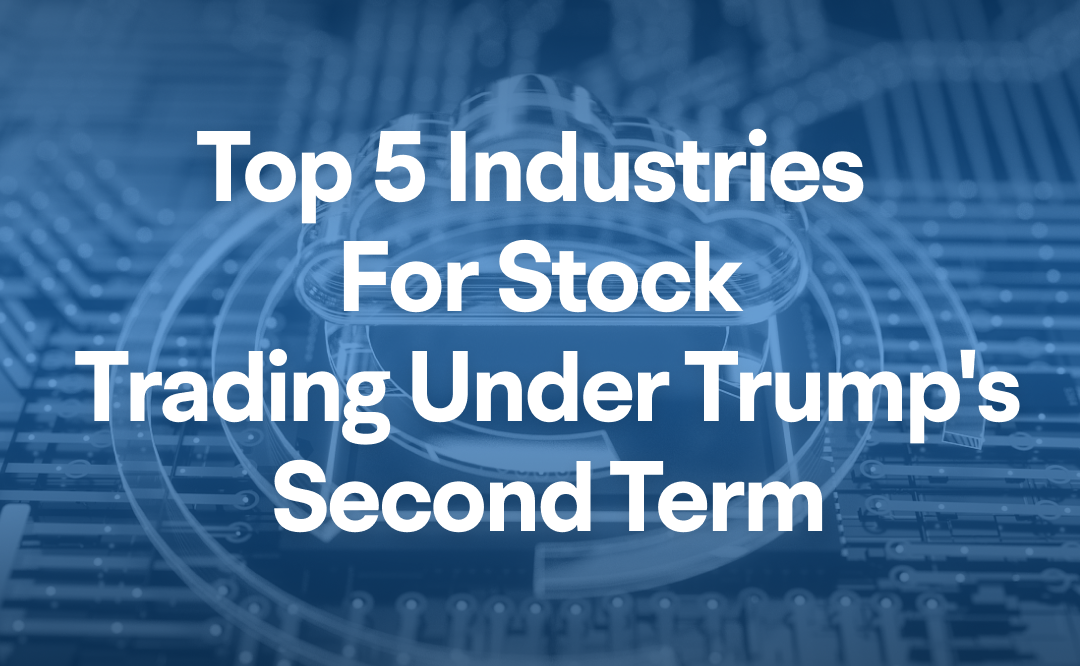SVXY250404C53000
- 0.25
- 0.000.00%
ProShares Short VIX Short-Term Futures ETF Newsroom
A historic week has passed, with both the US stock market and Bitcoin rising in the end, but the market has completely changed!
The volatility of US stocks has rarely exceeded that of Emerging Markets and Bitcoin, while US Treasuries, which have always been regarded as safe Assets, have experienced severe fluctuations, prompting investors to begin questioning the wisdom of holding USA Assets. UBS Group believes that once the Global risk-free interest rates fluctuate, it means that all markets will be disrupted. Analyst Ed Al-Hussainy pointedly stated, "I'm not really worried about a recession; I'm worried about a financial crisis."
March US Producer Price Index, Core PPI Both Decline Unexpectedly, Year-Over-Year Rates Slow
US Morning News Call | China Raises Tariffs on U.S. Goods to 125%
The dominance of the US dollar is faltering! Global de-dollarization is accelerating, and the euro and Gold have become the new favorites.
Bank of America pointed out that the dollar's share in Global Forex reserves has decreased from 66% in 2015 to less than 58% in the third quarter of 2024, and the attraction of U.S. Treasuries has also significantly declined. The three major factors that previously restricted the Euro have all been reversed, and central banks' Gold Buy volumes have exceeded 1,000 tons for three consecutive years. These two Assets are becoming a new direction for central banks' diversified allocation.
China Raises Retaliatory Tariffs on U.S. Goods to 125%
Trump's pause on the "tariff war" is useless! JPMorgan: The US stock market will continue to pull back, with uncertainty being the key.
①David Kelly, Chief Global Strategist at JPMorgan Asset Management, warned that despite President Trump postponing "reciprocal tariffs," the uncertainty around tariffs will still weigh down US stocks; ②Kelly believes that the biggest tax imposed on the US economy by Washington currently is the "tax of uncertainty," causing companies to halt hiring and cut costs due to unpredictability.
'There'll Be A Transition Cost,' Trump Says Amid Tariff Woes As Bessent Hints At Behind-The-Scenes Negotiations
Regulation of Technology and value-added tax cannot be discussed! The EU warns the USA: If an agreement is not reached within 90 days, taxes may be imposed on USA technology companies.
The EU is ready to expand the transatlantic trade war from Commodities to the service sector. If negotiations on tariffs with Trump fail, the EU will impose tariffs on American digital companies, directly threatening the advertising revenue of US Technology giants like Meta and Google.
How crazy the market was on Wednesday: SPY showed a significant premium! This is the Global ETF with the best liquidity.
On Wednesday, the SPY reached its highest premium since 2008 in the after-hours session, with a 10.5% increase marking the largest single-day gain in sixteen years. Analysts believe that the unusual auction volume, extreme market volatility, and short covering have led to rare liquidity pressures, which may be the reason for the SPY's surge in premium.
A looming recession casts a shadow! The USA experiences another 'triple kill' of stocks, bonds, and currencies.
① After the collapse of U.S. bonds earlier this week, new pressures seem to have emerged; ② not only is the 30-year U.S. bond yield starting to approach the 5% mark again, but the dollar has also faced a rare steep decline, which quickly fell below the 100 threshold at the beginning of trading on Friday...
The downtrend of the U.S. stock market is hard to change! Goldman Sachs' latest report emphasizes that the benefits of tariff deferrals are very limited.
① Goldman Sachs warns that the risk of a substantial correction in U.S. stocks is increasing, as their model shows that the probability of a decline in U.S. stocks is over 35% in both 3 months and 12 months; ② Goldman Sachs points out that the risk of stock pullbacks is related to economic weakness, market volatility, and political uncertainty; ③ The Institution previously projected that the S&P 500 Index would fall to 4,600 points, which is a further decline of 13% from Thursday's level, or a 25% drop from the historical high in February.
Trump's team commented on the significant drop in the U.S. stock market: a normal correction, don't make a fuss.
① On Thursday Eastern Time, the three major U.S. stock indices closed significantly lower, with the Dow Jones Industrial Average down 2.5%, the S&P 500 Index down 3.46%, and the Nasdaq Composite Index down 4.31%; ② Trump's chief trade advisor Navarro believes the sharp decline in U.S. stocks is a normal correction following a major market trend, while U.S. Treasury Secretary Basent stated that there are no abnormalities noted and praised the U.S. inflation data as better than expected.
Former USA Treasury Secretary Yellen: Trump's "tariff club" has destroyed the economy!
① The former US Treasury Secretary Yellen criticized President Trump's tariff policy for causing a devastating blow to the economy, believing it undermined economic growth and job opportunities in the USA; ② Trump announced a 90-day tariff suspension for countries that do not retaliate and stated that if a favorable agreement cannot be reached, the original situation would be restored.
Inflation Cools in March, but Tariff-driven Inflation Storm Coming: Morgan Stanley
Don't Be Fooled by Soft Core CPI—Tariff Impact Tells a Different Tale
Wall Street Volatility Surges as Markets Tumble; VIX Spikes Back Above 50
Express News | Trump Claims Historic Tax Cut Nears Finalization
Express News | NEC Director Hassett On CNBC Said On Trump Tariff Pause: Everything Moved in Orderly Fashion; There Are Deals Close to Finish Line; Close to 20 Countries Making Offers
US Morning News Call | Trump Signals Willingness for Tariff Talks With China
The charm of US stock QDII has faded, with a significant decline this year, while Hong Kong stock QDII still shows positive returns this year.
① Over sixty percent of QDII performance has been negative this year, with US stock QDII experiencing the largest declines; ② Hong Kong stock QDII has overall outperformed US stock QDII this year, with multiple Hong Kong stock QDIIs still yielding over 10% this year; ③ Industry insiders believe that, from a mid-term perspective, Hong Kong stock investments still have cost-effectiveness, and sectors such as Technology and domestic demand still hold investment potential.


